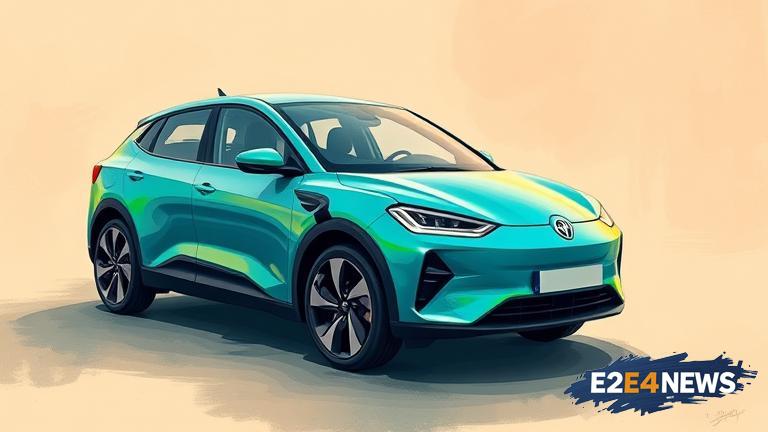The Indian government has announced a comprehensive plan to promote the adoption of electric vehicles (EVs) in the country. The plan includes a range of incentives and initiatives to encourage the use of EVs, including tax exemptions, subsidies, and investment in charging infrastructure. The government aims to have at least 30% of new vehicle sales be electric by 2030. To achieve this goal, the government will provide subsidies to manufacturers to produce EVs, as well as to buyers to purchase them. Additionally, the government will invest in the development of charging infrastructure, including the installation of charging stations along highways and in cities. The plan also includes measures to promote the use of EVs in public transportation, such as buses and taxis. The government will provide subsidies to state governments to purchase EVs for public transportation. Furthermore, the plan includes initiatives to promote the use of EVs in the private sector, such as providing tax exemptions to companies that use EVs for their fleets. The government will also invest in research and development to improve the technology and efficiency of EVs. The plan is expected to have a significant impact on the environment, as EVs produce zero emissions and can help reduce air pollution in cities. The government estimates that the plan will help reduce greenhouse gas emissions by at least 10% by 2030. The plan is also expected to have economic benefits, as it will create new jobs and stimulate economic growth. The government estimates that the plan will create at least 10,000 new jobs in the EV sector by 2025. The plan has been welcomed by the automotive industry, which sees it as a major opportunity to invest in the EV sector. Several major automotive companies have already announced plans to invest in EV manufacturing in India. The plan is also expected to have a significant impact on the energy sector, as it will increase demand for electricity to charge EVs. The government will need to invest in new power generation capacity to meet this demand. The plan is a major step forward for India’s efforts to reduce its dependence on fossil fuels and transition to a more sustainable energy mix. The government has set a target of generating at least 40% of its electricity from non-fossil fuels by 2030. The plan is also expected to have a significant impact on the country’s transportation sector, as it will reduce the number of vehicles on the road and improve air quality. The government estimates that the plan will help reduce the number of vehicles on the road by at least 20% by 2030. Overall, the plan is a major step forward for India’s efforts to promote the adoption of EVs and reduce its dependence on fossil fuels. The government is committed to making the plan a success and has allocated significant resources to support its implementation. The plan is expected to have a major impact on the country’s economy, environment, and transportation sector, and is a significant step forward for India’s efforts to transition to a more sustainable energy mix.





